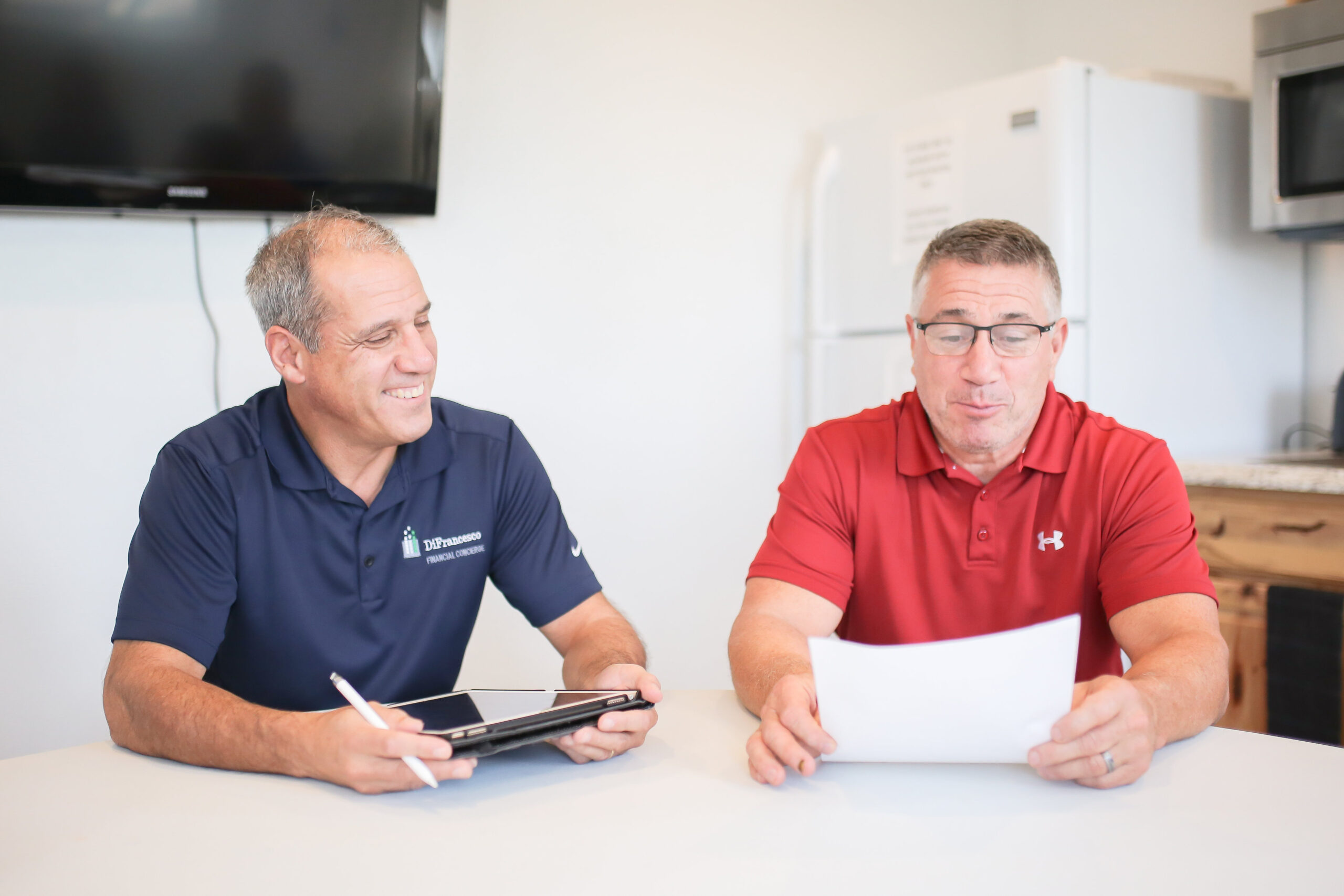Preparing Your Collision Shop for Sale: Key Steps to Maximize Value
Selling a collision shop is not a simple decision that can be made overnight.
It requires meticulous planning and execution to ensure you get the maximum value for your business.
Here are key steps to prepare your collision shop for sale to help you maximize its value and plan a prosperous future for you and the new owner.
If you plan to sell your business soon and need an exit strategy, schedule a free 20-minute conversation with Matt DiFrancesco. Discuss your vision and find out how you can adjust the nuts and bolts of your business and life to become prosperous.
Start Planning Early
The process of preparing your collision shop for sale should begin several years before you intend to sell.
This timeline allows you to implement changes that can significantly increase the value of your business.
Early planning also provides enough time to address potential issues that could discourage prospective buyers.
Understand Your Business Valuation
Grasping the current value of your collision shop is a powerful tool that can boost your confidence in the selling process.
Hire a professional appraiser to conduct a thorough valuation. This process will give you a clear picture of your business’s worth and identify areas where you can increase value.
Factors considered in a business valuation include:
Revenue and Profit Margins: Steady growth in revenue and healthy profit margins attract buyers.
Customer Base: A loyal and diverse customer base enhances business stability.
Location: Proximity to major roads and high-traffic areas can add value.
Facilities and Equipment: Modern, well-maintained facilities and equipment are more appealing.
Brand Reputation: A strong reputation for quality work and excellent customer service is invaluable.
Optimize Financial Performance
Potential buyers will scrutinize your financial records. Ensure your financial statements are accurate, transparent, and up-to-date.
Focus on the following:
Profitability: Demonstrate consistent profitability. If there are any periods of loss, be prepared to explain them.
Cash Flow: Positive cash flow strongly indicates a healthy business.
Debt Management: Minimize outstanding debts to make your business more attractive.
Expense Control: Review and reduce unnecessary expenses to improve profit margins.
Streamline Operations
Efficient and streamlined operations are key selling points. Evaluate your business processes and make improvements where necessary:
Standard Operating Procedures (SOPs): Documenting SOPs ensures consistency and facilitates the new owner’s smooth transition.
Technology Integration: Implement modern inventory, customer relations, and workflow management software.
Employee Training: Invest in ongoing employee training to maintain high service standards.
Enhance Customer Relationships
A strong, loyal customer base significantly increases your business’s value.
Strengthen customer relationships through:
Excellent Customer Service: Consistently provide top-notch service to build trust and loyalty.
Customer Feedback: Act on customer feedback to improve your services and address any issues.
Marketing Efforts: Invest in marketing to expand your customer base and enhance your brand’s reputation.
Develop a Business Continuity Plan
Prospective buyers want to see that your business can operate smoothly without your direct involvement.
Develop a business continuity plan that includes:
Key Employee Retention: Ensure that key employees are motivated to stay after the sale.
Succession Planning: Identify and train potential successors within your team.
Customer and Vendor Relationships: Maintain strong relationships with key customers and suppliers to ensure business continuity.
Address Legal and Compliance Issues
Ensure your business complies with all local, state, and federal regulations.
Address any outstanding legal issues and maintain proper documentation, including:
Licenses and Permits: Ensure all necessary licenses and permits are current.
Environmental Compliance: Adhere to environmental regulations to avoid potential liabilities.
Contracts: Review and organize all contracts, including leases, supplier agreements, and employment contracts.
Prepare Due Diligence
Buyers will conduct a thorough due diligence process to assess the health of your business.
Be prepared by organizing all necessary documents, including:
Financial Statements: Profit and loss statements, balance sheets, and cash flow statements for the past three to five years.
Tax Returns: Business tax returns for the same period.
Legal Documents: Articles of incorporation, bylaws, and any legal agreements.
Employee Information: Employee contracts, benefits information, and organizational charts.
Operational Manuals: Documentation of all business processes and procedures.
Seek Professional Guidance
Navigating the sale of a business can be complex. Seek guidance from professionals, including:
Business Brokers: They can help you find qualified buyers and negotiate the best terms.
Accountants: They will ensure your financials are in order and advise on tax implications.
Attorneys: They will assist with legal documentation and compliance issues.
Exit Planning Consultants: They can help you develop a comprehensive exit strategy.
Preparing your collision shop for sale involves strategic planning, financial optimization, and operational improvements.
By taking these steps, you can maximize the value of your business, making it more attractive to potential buyers, which may lead to a successful sale.
Early preparation and professional guidance are key to achieving the best possible outcome for your business transition.
Are you considering selling your collision shop but unsure where to start?
Selling a business is a significant milestone, and maximizing its value is crucial for a successful transition.
At High Lift Financial, we help collision shop owners like you prepare for a profitable sale so you can get the best return on your hard work.
Let us help you turn your collision shop into a sought-after investment and achieve the successful sale you deserve. Reach out to High Lift Financial today for a free strategy consultation.
Here are other resources related to this topic that you may want to check out:
Disclaimer
DiFrancesco Financial Concierge, LLC, d/b/a High Lift Financial, is a Pennsylvania-registered investment advisor and may conduct investment advisory services in states where it is registered, exempt, or excluded from registration. The content provided herein or on our website should not be construed as an offer for investment advice or for securities, insurance, or other investment products. Investments involve the risk of loss and are not guaranteed. Consult a qualified legal, tax, accounting, or financial professional before implementing any investments or strategy discussed here.


